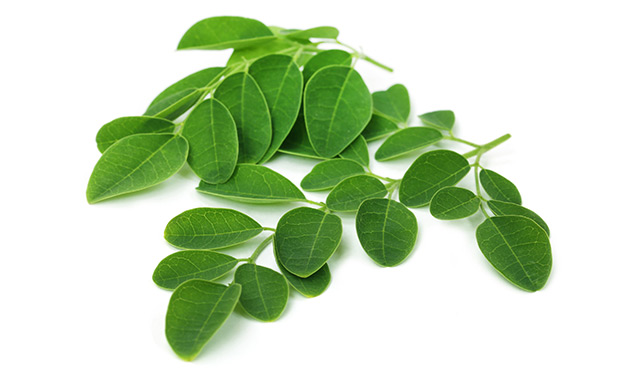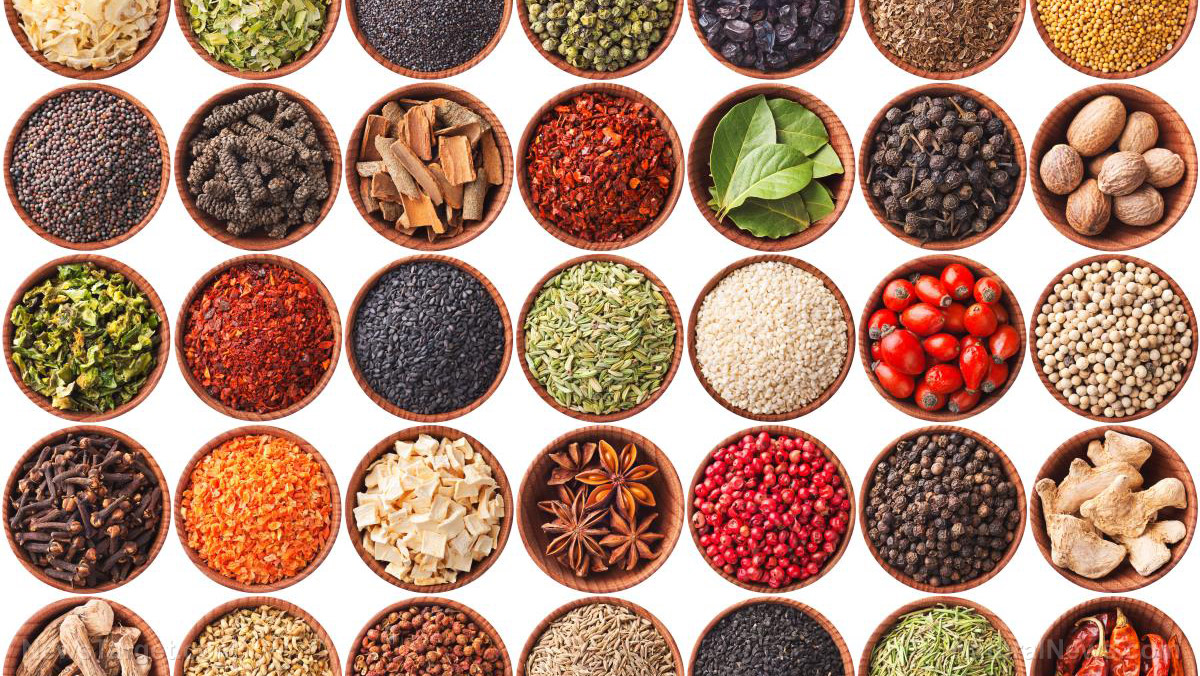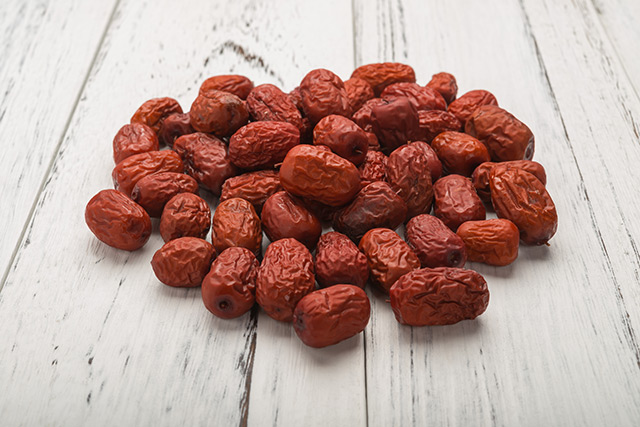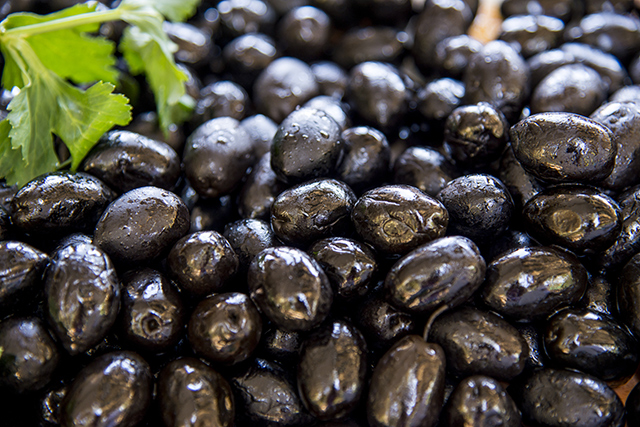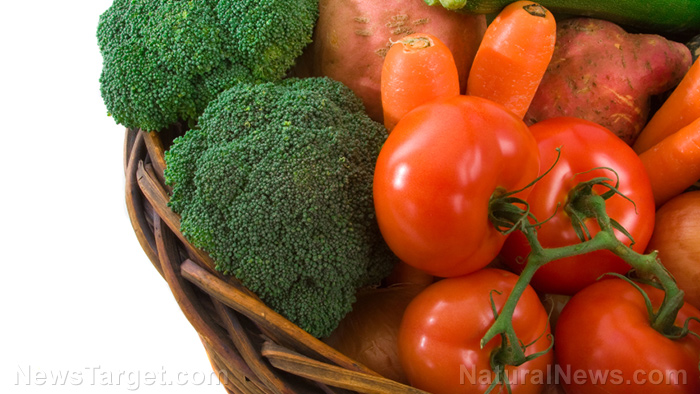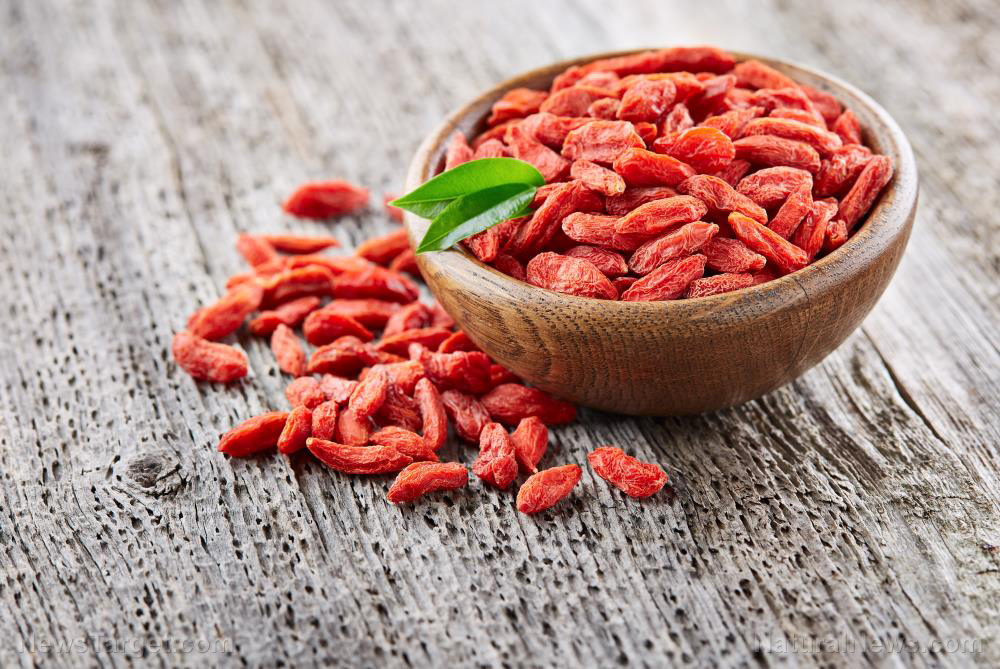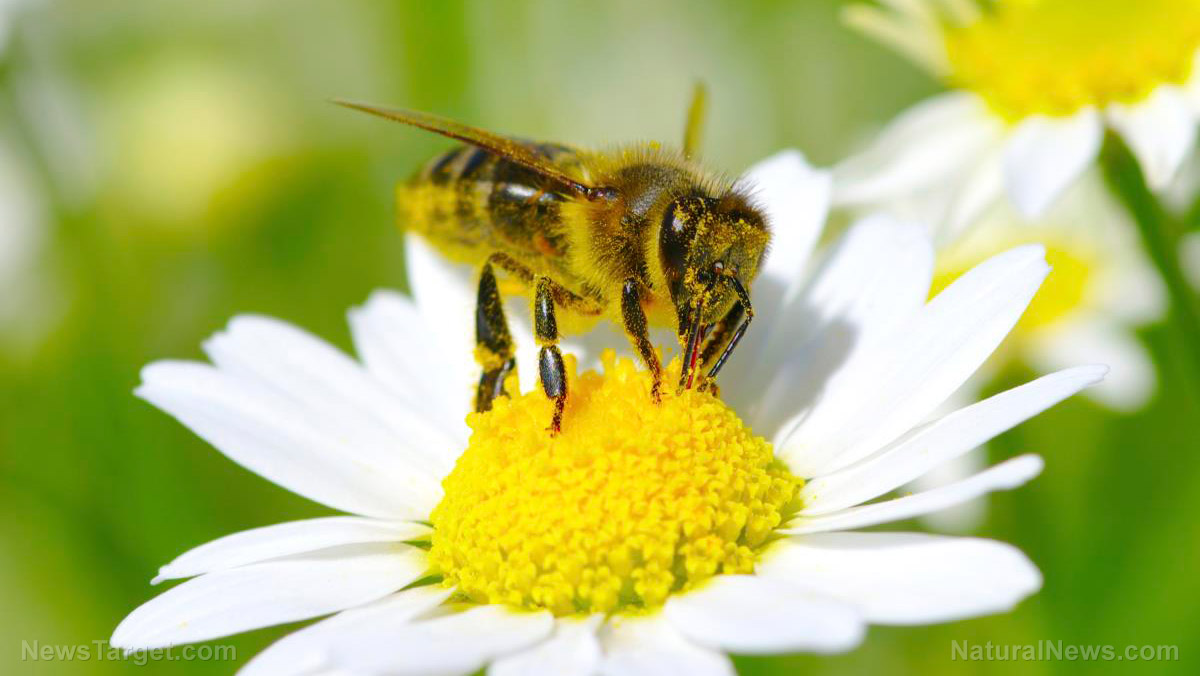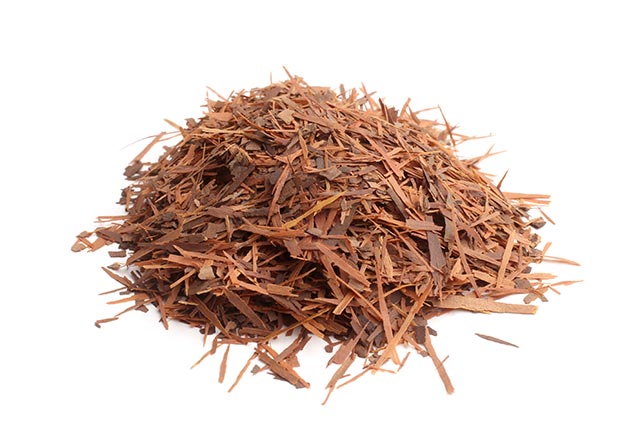The sweet-smelling honeysuckle has a variety of medicinal benefits
08/21/2018 / By Zoey Sky

Honeysuckle bushes, which produce beautiful flowers, can also be used for various medicinal purposes. (h/t to MDCreekmore.com)
Several varieties of honeysuckle are edible, and the common honeysuckle vine has long been used by herbalists and in traditional Chinese medicine to treat minor to serious health problems like arthritis, skin rashes, and even urinary disorders.
Honeysuckle is rich in quercetin, a flavonoid that contains powerful antioxidants. Antioxidants help fight free radicals, which are compounds that cause cell death. The vine also contains calcium, magnesium, potassium, and vitamin C. Additionally, honeysuckle has antibacterial and antiviral properties.
Medicinal honeysuckle syrup and tea can be used to help treat chicken pox, pneumonia, salmonella, staph, strep infections, and tuberculosis.
How to use honeysuckle bark, flowers, leaves, and stems
Honeysuckle bark has a diuretic effect and the bark can be ingested to treat gout, kidney stones, and liver problems.
Honeysuckle leaves can be used to make natural mouthwash and a facial astringent. The leaves can also be added to medicinal honeysuckle tea to soothe a sore throat.
Honeysuckle flowers, which can be used for cooking or for medicinal purposes, should be plucked as close to the branch as possible to retain the nectar in the stem. The flowers are the main ingredient in medicinal honeysuckle glycerite, syrup, and tea. Honeysuckle is sweet and its flowers are often used in recipes for cake and ice cream. (Related: Honeysuckle: A sweet-scented remedy that calms inflammation, infection and contagious illness.)
Honeysuckle stems, fresh from the bush can be rubbed directly onto swollen skin. The stem can also help dry up a rash. Once chopped finely or added to a syrup, honeysuckle stems can help treat arthritis, hepatitis, and mumps. The stem is the long white or yellow base of the flower itself.
Recipe for honeysuckle syrup
Honeysuckle syrup can be used as topping for desserts. Additionally, you can pour a pinch into lemonade, tea, or water. The syrup can also be frozen in ice cube trays if you want to preserve it for long-term use in recipes and natural homemade cough syrups.
Ingredients:
- 1 cup sugar
- 1 cup water
- At least 50 honeysuckle flowers
Directions:
- Combine all of the ingredients in a medium-sized pot, then put the burner on medium heat. Stir constantly as the mixture boils.
- Reduce the heat and let the mixture simmer for at least four minutes.
- Remove the pot from the stove and allow the mixture to cool completely. Once cool, store the syrup in a Mason jar or another airtight container.
Warnings
All honeysuckle remedies are for short-term use only. While its flowers, leaves, and stems have very low toxicity, prolonged use could have negative side effects.
- Honeysuckle can slow the clotting of blood, which can pose a risk if surgery occurs within two weeks after ingestion.
- Patients receiving treatment for chronic illnesses or those with diarrhea may experience side effects after consuming honeysuckle.
- People with an allergic reaction to tree pollen could also have an allergic reaction to honeysuckle remedies.
- The symptoms of honeysuckle poisoning include dilated pupils, drowsiness, and photosensitivity.
When foraging for the wild edible, make sure that you have the correct species. Most species of honeysuckle aren’t poisonous, like the Japanese variety with white and yellow flowers. Some species of the plant have glycosides in the stems and vines and carotenoids in the berries. Honeysuckle plants of this type are mildly toxic to adults, but they are more harmful to young children and pets.
Use honeysuckle medicinal remedies wisely to treat various health conditions naturally.
Read more articles about the medicinal benefits of honeysuckle and other natural cures at Healing.news.
Sources include:
Tagged Under: botanicals, forage for medicine, herbal medicine, honeysuckle, natural cures, natural healing, natural medicine, plant cures, plant medicine, prevention, remedies, wild edibiles

